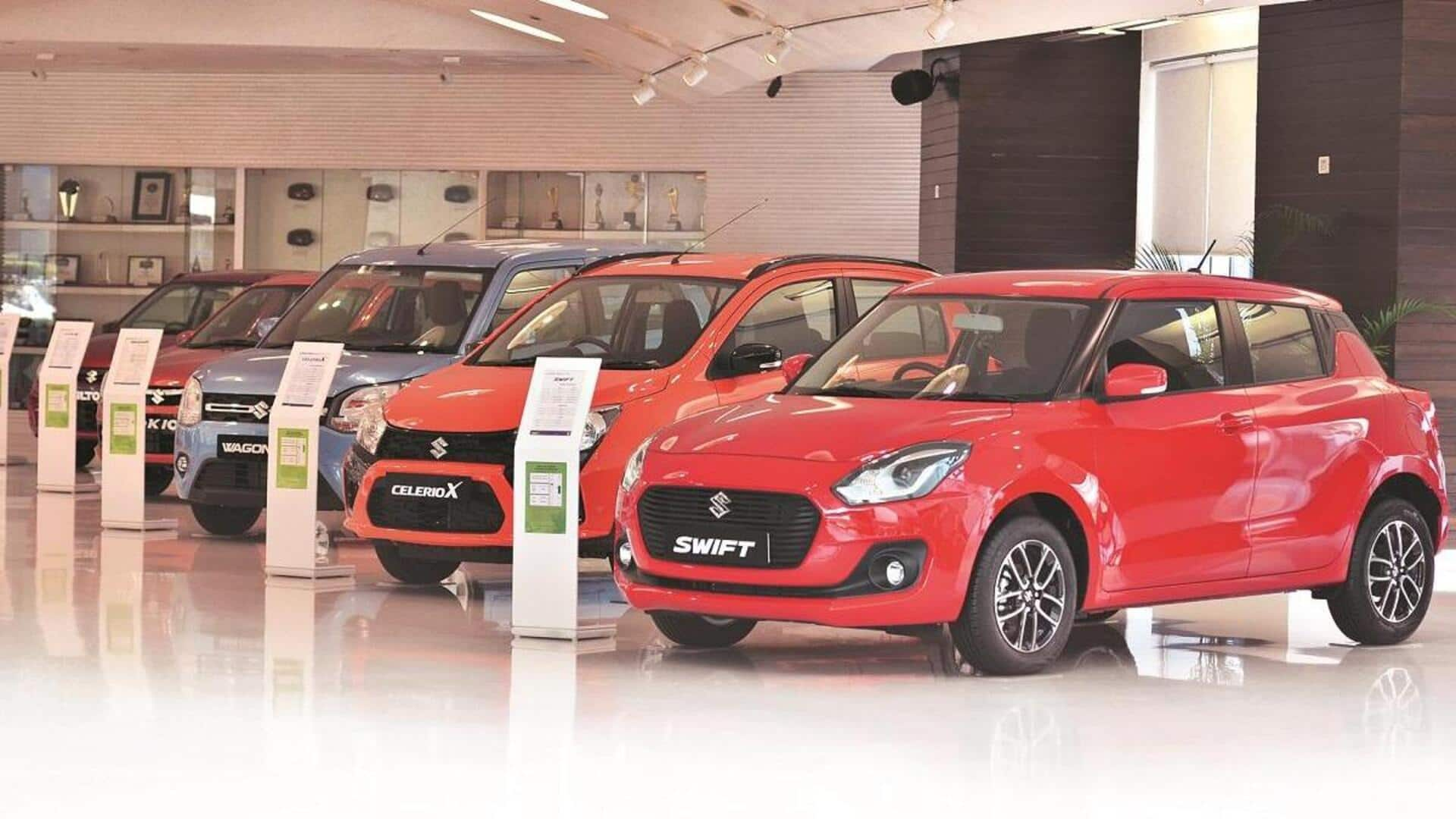
Maruti cars to become costlier from February: Check model-wise rates
What's the story
Maruti Suzuki, India's largest automaker, has announced a price hike across its entire portfolio. The new prices will come into effect from February 1, 2025. The hike differs from model to model, with increments between ₹1,500 and ₹32,500. The move has been necessitated by rising input and operational costs which have forced the company to pass on some of the burden to customers.
Cost optimization
Automaker's commitment amid price hike
Despite the price hike, Maruti Suzuki is still focused on cost optimization and reducing the burden on buyers. The company has conveyed this commitment in its disclosure to the exchanges. The highest increase of ₹32,500 is applicable on the Celerio model, while models such as Ciaz and Jimny will witness a relatively lesser increase in price by up to ₹1,500.
Price details
Model-wise breakdown
Here's a detailed breakdown of the price hike across various models: Alto K10 (up to ₹19,500), S-Presso (up to ₹5,000), Wagon R (up to ₹13,000), Swift (up to ₹5,000), Dzire (up to ₹10,500), Brezza (up to ₹20,000), and Ertiga (up to ₹15,000). Other models like Eeco will see an increase up to ₹12,000 while Super Carry's price could go up by as much as ₹10,000.
Continued
Further details of price hike
The price hike also extends to Ignis (up to ₹6,000), Baleno (up to ₹9,000), XL6 (up to ₹10,000), Fronx (up to ₹5,500), and Invicto (up to ₹30,000). The Grand Vitara model will also witness a major price increase of up to ₹25,000. This detailed list paints a clear picture of Maruti Suzuki's upcoming pricing strategy across its wide range of vehicles.
Sales update
Sales performance amid industry challenges
Despite the ongoing challenges in the automotive industry, Maruti Suzuki has shown resilience. In December 2024, the company sold 1,78,248 units, a whopping 30% increase over the last year. This includes 1,32,523 units sold domestically and an impressive export of 37,419 units. Another 8,306 units were sold to other Original Equipment Manufacturers (OEMs), further highlighting Maruti Suzuki's robust performance amid industry headwinds.